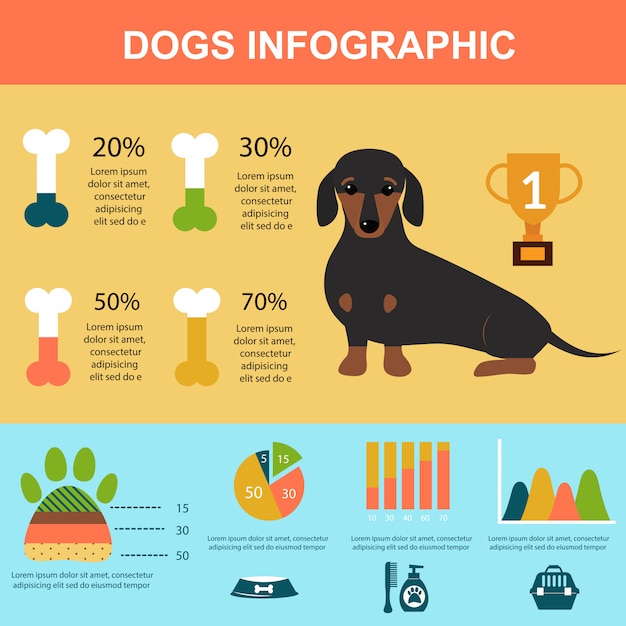What Dogs Do At Daycare
What Dogs Do At Daycare
Blog Article
Can Dog Day Care Cause Ailment?
Dogs in childcare get lots of workout, socializing with other canines and one-of-a-kind experiences. This can be specifically practical for young puppies and dogs with behavior problems.
There are a number of legal factors to consider you require to take into account when starting a doggy childcare business. These include the structure of your company and conformity with federal government laws.
1. Pooch Distemper
Canine distemper is spread out via direct contact with the bodily fluids and waste of an infected canine, however it can likewise be sent using common water and food bowls or through airborne droplets. This highly contagious illness is most harmful for puppies, but it can impact canines of any kind of age and is deadly for the majority of if left untreated.
Initial symptoms of canine distemper frequently imitate a cold, including runny eyes and nose with watery or pus-like discharge. As the disease progresses, a canine will establish fever, coughing, decreased appetite, vomiting and diarrhea. The virus can also assault the nerves, causing seizures, shivering and partial or full paralysis.
Reputable daycares lower direct exposure to infection by calling for inoculations, regular health examinations and comply with stringent hygiene protocols. If your dog appears overly tired or limping, a day of rest might aid him recuperate, however you ought to avoid taking him back to daycare until these symptoms clean up.
2. Kennel Cough
Kennel cough, also called transmittable canine tracheobronchitis or Bordetella, is a very contagious viral or bacterial condition that influences the respiratory tract. It's frequently moved through the exchange of saliva or air beads that a sick dog exhales. Social pets go to greater danger for infection because of their frequent interaction with each other, such as when they play, share food or water, smell one another or simply fulfill in a jampacked atmosphere like a canine park or daycare.
The most usual signs and symptom of kennel coughing is a consistent and forceful coughing that seems like something stuck in the throat or retching. Typically, canines will divulge foamy white phlegm. If left unattended, a pet dog can establish pneumonia and be at significant threat permanently.
A trustworthy childcare center ought to have strict cleansing and sanitation methods, sterilize all toys, food and water bowls routinely, and be open concerning their inoculation plans. Maintaining your pet dog approximately date on their vaccinations, especially for bordetella and canine influenza, will greatly decrease their chances of getting the disease.
3. Parvovirus
Canine parvovirus, or parvo, is a highly transmittable viral health problem that can be fatal for puppies and young adult pets with bad immune systems. It's most generally spread by direct contact with polluted pet feces-- which can occur when dogs smell, lick, or taste contaminated feces-- and indirectly from polluted people, items, or atmospheres (like kennels, grooming spaces and lawns). Pups and canines without full vaccination histories are particularly susceptible to parvo.
The virus is exceptionally durable, surviving in the atmosphere for approximately nine years, and can conveniently be transferred in between canines by call with feces or on footwear, clothes, and bed linens polluted with parvovirus. Otherwise dealt with immediately with IV liquids, electrolyte equilibrium, vomiting control drugs and antibiotics to stop secondary microbial infections, a dog will swiftly dehydrate and establish severe looseness of the bowels, which leads to shock and blood poisoning. Parvo is difficult to treat once a pet dog has actually ended up being ill, yet with suitable vet care, several puppies do endure this illness.
4. Dog Influenza
Dog flu virus is very contagious and spreads with straight call, sharing food and water bowls, licking or nuzzling other pet dogs, through air-borne beads, and through polluted surface areas. Vaccination works in reducing the danger of infection and break outs.
Most influenced dogs establish a light respiratory infection with a coughing that lasts 1-3 weeks. They may likewise have nasal and eye discharge, sneezing, and lethargy. Several of the most severe dog boarding kennels instances lead to pneumonia and a high fever.
If your pet shows any of these signs, do not bring them back to childcare until they are healthy. If your pet is showing indications of severe exhaustion or limping, speak to your vet as soon as possible and see to it they are on healthiness supplements to help develop their resistance. A vet will certainly evaluate your pet dog for signs of the influenza by taking a sample from the nose or throat, and blood examinations can be done to confirm.